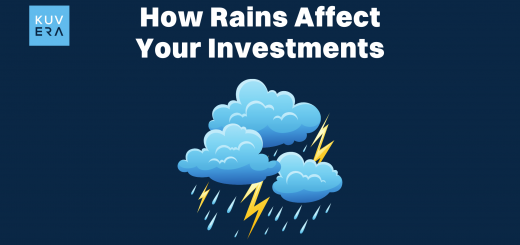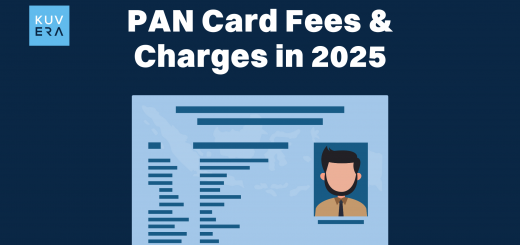Investments are made to profit by allocating resources, typically money, to assets. Investments can be set in various ways, including fixed-term deposits, savings accounts, real estate, and stock market shares.
People make investment strategy decisions based on their requirements, objectives, and interests. Before making investing selections, there are some things to take into account. These ensure that your money is used wisely and generates the best returns with the slightest chance of sustaining a loss.
However, an investment plan is most effectively leveraged when done in an organised and disciplined way. And if you’re curious how that’s accomplished, here’s everything you need to know.
Factors to keep in mind before planning your investments
- Make a Financial roadmap
Consider your financial goals and options honestly before making investment decisions, especially if you’ve never created a financial plan. Reflect upon types of financial goals – short-term goals (for eg, car, bike), medium-term (for eg. small business set-up), and long-term goals (for eg. dream house) and execute them accordingly.
Establishing your objectives and risk tolerance, either on your own or with the assistance of a financial expert, is the first step to effective investment. Your ability to profit from your assets is not specific. However, suppose you are aware of the realities around investing and saving and follow through with a wise plan. In that case, you should achieve financial security over time and benefit from sound money management.
- Think about the Timelines for your goals
Consider how long it will take to accomplish your goals now that you know what you’re striving for and the available resources. Keep in mind to be reasonable. Although you might wish to purchase your first home over the next two years, you must consider the amount of money and time you can commit to this endeavour.
- Consider how comfortable you are with risk-taking
Every investment has some level of risk. Before investing, it’s critical to understand that you could lose all of your money if you buy assets, such as stocks, bonds, or mutual funds.
The reward for taking on risk is the potential for a higher investment return. If you have a long time horizon for your financial objective, strategically choosing riskier asset categories like stocks or bonds would likely yield a higher return than limiting your investments to safer assets like cash equivalents. However, investing only in cash assets may benefit short-term financial objectives.
- Try not to be emotional
Remember that most life decisions are influenced by emotion, and while emotion can be advantageous, it can also limit your capacity for logical thought.
Before spending your hard-earned money on a chance that could appear too good to be true, do your proper research.
Keep your emotions in check while monitoring any current investments, if any! What can appear to be a short-term loss may be a chance for your portfolio to gain riches.
- Establish and manage an Emergency fund
The majority of wise investors save enough money in a savings plan to handle an unexpected expense, like in case of a crisis that might occur suddenly. Some people ensure they have up to six months’ worth of salary in savings to be certain it will be available when needed.
- Think about occasionally rebalancing your portfolio
Rebalancing is returning your portfolio to the original mix of assets. By rebalancing, you can prevent your portfolio from over emphasising one or more asset classes and bring it back to a risk level that is comfortable for you.
Either the calendar or your investments can be used to rebalance your portfolio. The calendar serves as a reminder of when you should think about rebalancing, which is an advantage of this approach. Others advise rebalancing only when the relative weight of an asset class shifts more than a predetermined percentage in either direction. Your investments will tell you when to rebalance, which is an additional benefit of this approach. Rebalancing often performs best when done occasionally, regardless of the situation.
Summing Up
Finally, exploring possibilities that generate returns over industry standards might help you strengthen your portfolio. However, keep in mind that research is the foundation of sound investment planning and strategies and should be a critical factor in how you invest in the current 2022 and the upcoming 2023, particularly considering the number of instruments available that can only increase from their current position. Investment decisions made with knowledge are always preferable. DSP mutual funds are one of the best mutual funds you can consider investing in, getting the best results for the long term.
Interested in how we think about the markets?
Read more: Zen And The Art Of Investing
Watch/hear on YouTube:
Start investing through a platform that brings goal planning and investing to your fingertips. Visit Kuvera.in to discover Direct Plans and Fixed Deposits and start investing today.











